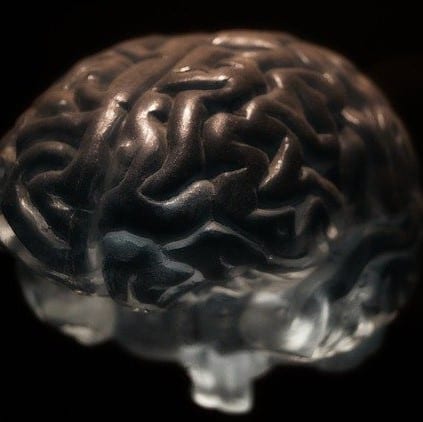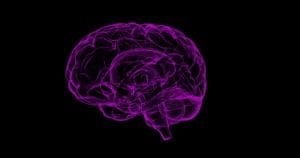Research grants are fantastic ways to support research in multiple spheres. This is especially important in the sphere of rare diseases and rare conditions, in which research is heavily needed to improve patient outcomes and quality of life (QOL). Recently, associate professor Michael Alosco, of Boston University (BU), received a 2-year $460,000 grant to study chronic traumatic encephalopathy (CTE) in NFL players.
Chronic Traumatic Encephalopathy (CTE)
Chronic traumatic encephalopathy (CTE), a progressive and neurodegenerative brain condition, is caused by repeated blows to the head or head trauma. Oftentimes, CTE is found in military veterans, or former or current athletes. Football players typically have some of the best known examples of this condition. According to the Concussion Legacy Foundation, the Tau protein:
forms clumps that slowly spread throughout the brain, killing brain cells. CTE has been seen in people as young as 17, but symptoms do not generally begin appearing until years after the onset of head impacts.
People with CTE are around 2-4x more likely to develop dementia later in life. Much research is still needed to understand the full scope of this condition, including how it affects patients. However, symptoms are currently thought to include:
- Memory loss
- Confusion
- Anxiety, depression, and paranoia
- Other changes in mood and behavior
- Issues with paying attention or organizing thoughts
- Cognitive impairment
- Difficulty thinking or planning
- Substance abuse
- Impulsivity
The Research
Alosco received his grant from the National Institute of Neurological Disorders. He will be working alongside Professor Gil Rabinovici of UC – San Francisco. Their FIND-CTE study will include 10 controls and 30 former NFL players.
Typically, it is incredibly difficult to diagnose patients with CTE during life. This is because CTE can generally not be observed through biomarkers, or measurable substances that can indicate the severity or presence of a disease. In many case, the condition can only be diagnosed after death. However, this makes CTE difficult to study, diagnose, or treat. Through this study, which will use neuroimaging, Alosco and Rabinovici hope to determine ways to identify, treat, and prevent CTE while patients are still alive.
Ultimately, this proof-of-concept study will determine whether their special protein tracing technology MK 6240 can identify accumulations of tau protein in the brain. If the researchers determine that this is a possibility, it provides hope that CTE could be identified and diagnosed earlier in life. Thus, researchers may be able to work towards an effective treatment. Currently, Alosco and Rabinovici hope to begin the trial by March 2021.
Read the source article here.







